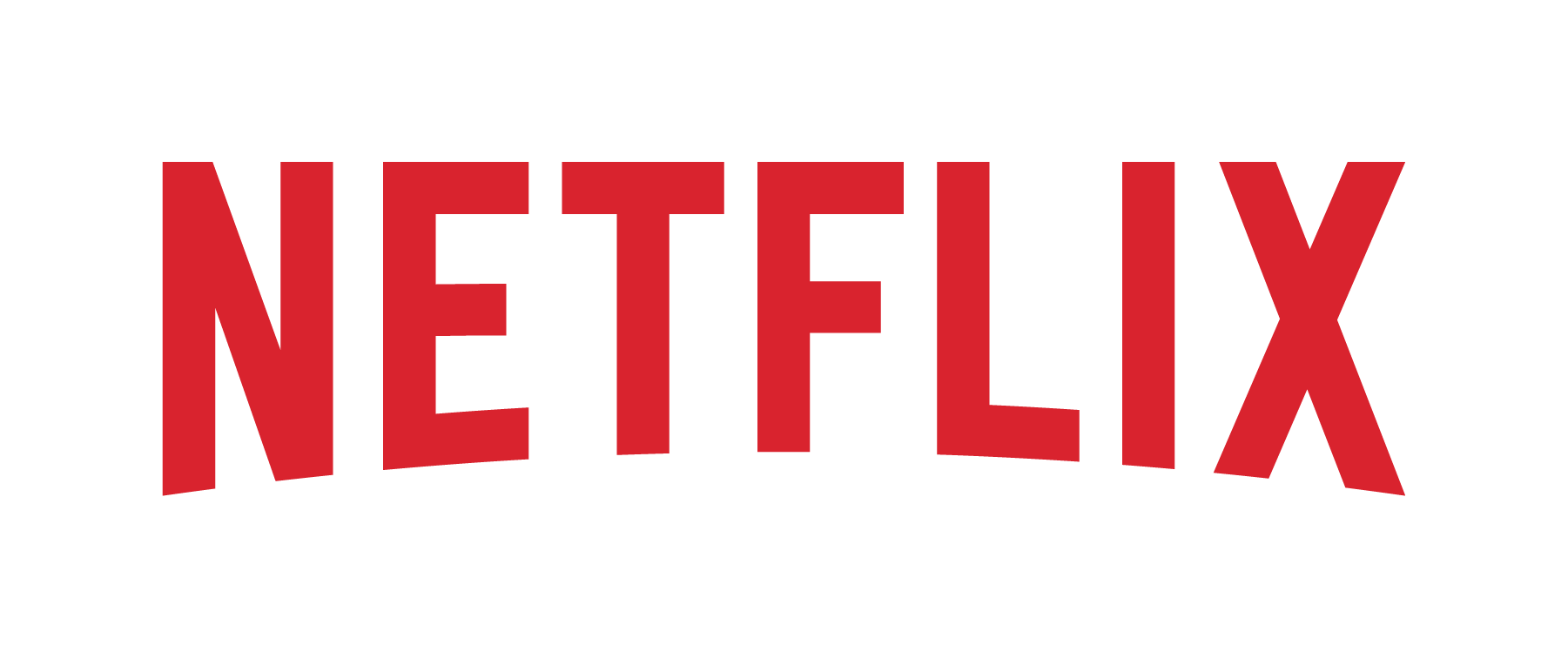Netflix stops streaming LGBTQ-specific movies in Kenya
Company signed agreement with country’s government
Kenya and Netflix Africa have signed an agreement that ends the streaming of LGBTQ-specific movies in compliance with the country’s laws.
The agreement allowing Netflix to self-classify movies streamed in Kenya by restricting the LGBTQ-specific content was officially signed in February this year after talks that began in October 2021.
An official at Kenya’s film regulator, the Kenya Film Classification Board, told Washington Blade that Netflix has already paid for a films distribution license within the country and it is currently under processing.
“After signing the agreement, they (Netflix) are already developing a classification system that is aligned with the local classification standards so that every film on Netflix will be Kenyan ratings once it is in place,” the official said.
The Kenya Film Classification Board considers LGBTQ-specific content under the “restricted category” that is not allowed for broadcast, exhibition and distribution to the public because it glorifies, normalizes, promotes and propagates homosexuality against the law.
“The developed system must be brought to KFCB to confirm whether it generates results that are aligned with our local classification system before the board adopts the ratings,” the official stated.
The official noted the board’s technical staff is ready to offer any assistance to Netflix personnel in developing the system.
Kenya does not recognize consensual same-sex relations and they are criminalized under Section 165 of the Penal Code.
Parliament in March approved a resolution banning public discussions of LGBTQ-specific issues, including in the media. The Family Protection Bill, 2023 would impose the death penalty on LGBTQ people and criminalizes the so-called promotion of LGBTQ practices in the country.
The KFCB derives powers from the Films and Stage Act to regulate the exhibition, distribution, possession, or broadcasting of content to the public.
“Basically, we were given authority by the government to introduce classification for broadcasters, video-on-demand and over-the-top media services,” the official said.
Live programming and news, however, are exempted from the board’s content classification.
The rapid growth in digital technology has also prompted the board to reconsider effective ways of classifying and regulating films streamed on numerous digital platforms like video-on-demand services.
There is, for example, a proposed law dubbed Kenya Film Bill that seeks to empower the KFCB in its film classification and regulation duties in this digital era.
The proposal would recognize the board’s key roles of regulating the creation, broadcasting, distribution, possession, and exhibition of films through the issuance of licenses to filmmakers, distributors and exhibitors. It would also affirm the KFCB’s mandate in classifying films under different categories, such as films that are either restricted or prohibited in Kenya.
The board is also targeting other video-on-demand streaming platforms in restricting LGBTQ-specific content in Kenya apart from reaching a deal with Netflix.
“We have already initiated talks with Showmax and the local Safaricom and Viusasa platforms with such video-on-demand services, among other platforms considered as distributors of this streaming content,” the KFCB official said.
The board’s push for the streaming platforms to self-classify movies in line with Kenyan laws makes it easy for its officials to monitor compliance.
Kenya and Egypt have the highest number of Netflix subscriptions in Africa.
Egypt’s media regulator in September 2022 had warned the streaming platform and Disney+ against broadcasting LGBTQ-specific such content as it breached its “societal values.”
Uganda is the latest African country to join Egypt and Kenya in banning the broadcasting of LGBTQ-specific content after the signing of the Anti-Homosexuality Act with a death penalty provision for “aggravated homosexuality.”
This prompted DStv-Uganda owned by South Africa’s MultiChoice Company to stop airing movies with LGBTQ-specific content in compliance with the new law.
Broadcasting or showcasing LGBTQ-specific movies in Kenya by filmmakers has on several occasions put them at loggerheads with the KFCB.
The board in September 2021 banned a gay documentary, “I Am Samuel,” that a local filmmaker produced. The KFCB termed it “blasphemous” because it promoted “values that are in dissonance with our constitution, culture, values, and norms.”
The documentary, nevertheless, has been screened at more than 25 film festivals around the world and streamed on iTunes, Vimeo and other international platforms.
The government’s move to ban the documentary attracted criticism from filmmakers and rights groups who termed the decision as an abuse of the freedom of expression that the Kenyan Constitution guarantees. Kenyan courts dismissed their petition that challenged the ban.
Apart from Netflix and the Kenya Film Classification Board signing an agreement restricting the streaming of LGBTQ-specific movies within Kenya, the two parties have also been engaging to ensure children in the country are not exposed to harmful content online.
Source

Comments
Post a Comment